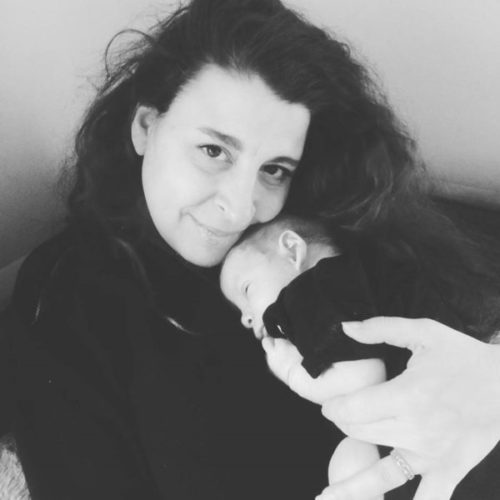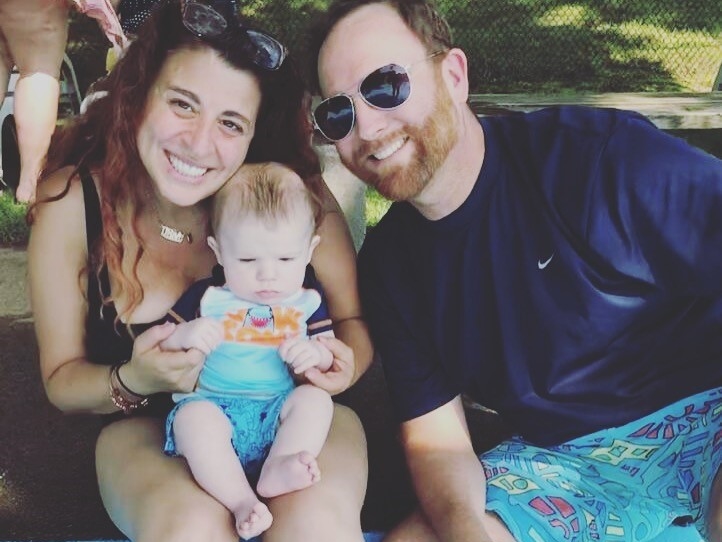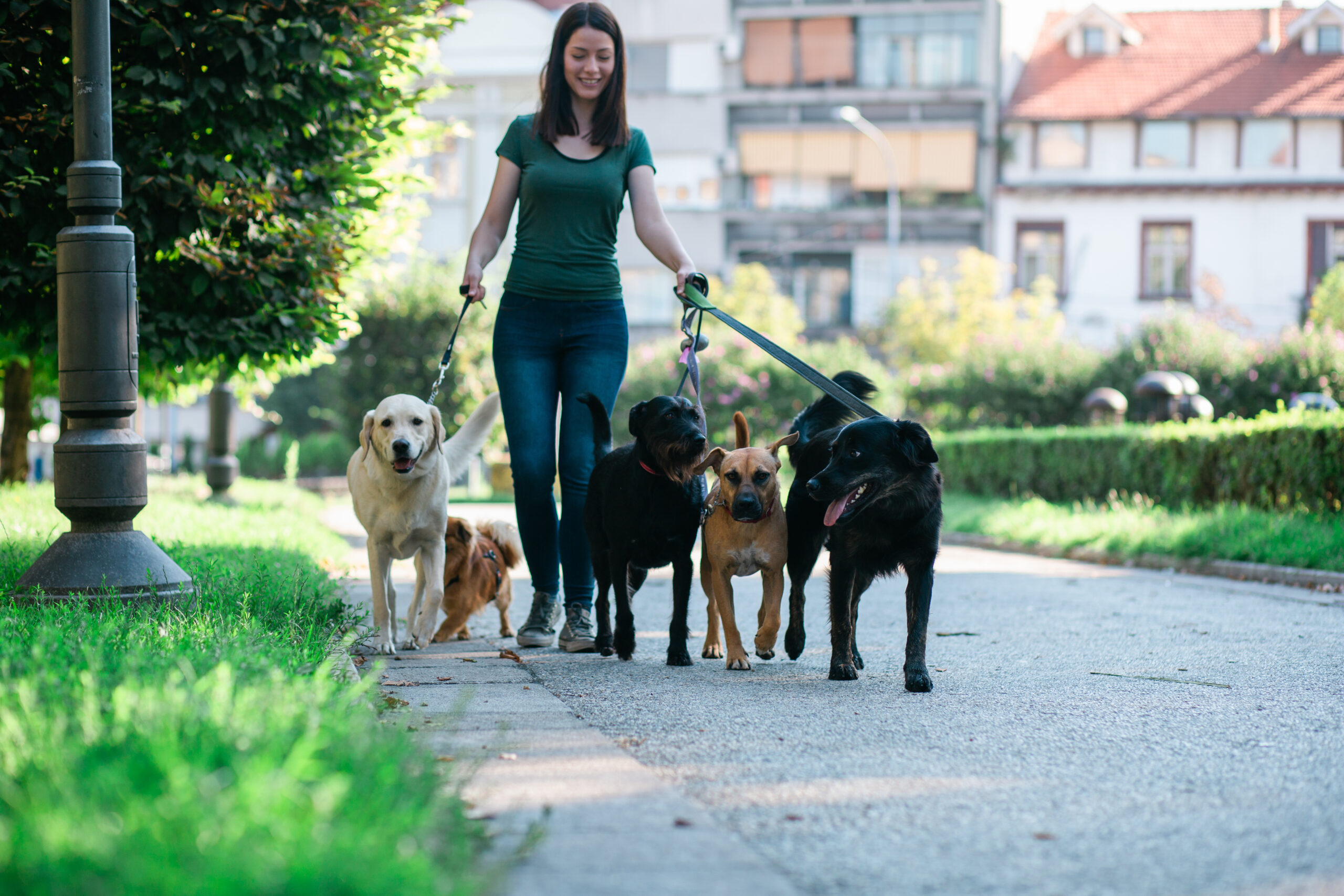As a young girl in New Jersey, Raquel Bruno distinctly remembers her mother joking that the women in the family were so fertile, her mother got pregnant on birth control.
The passing comments were just that, and Bruno didn’t pay them any mind, one way or another, until, sitting in her Manhattan apartment as a single 37-year-old in 2009, she realized her fertility might be slipping away.
“I was a TV producer, working at MTV and Nickelodeon, loving what I did,” said Bruno, who is now 47, living in New Jersey and running her own entertainment company, “but there was something missing.”
“I had a few long-term relationships but they weren’t going in the right direction, and I realized that time was running out.”
So Bruno took a risk: she reached out on Facebook to one of her best friends from college, who she hadn’t talked to in years, hoping there would be a spark. There was, and when she saw him again in person, she just knew.
“The second he walked in the room,” she remembered, “I thought, there’s the father of my children.”
Knowing they would wed, the pair started trying for a baby in 2010. Without being aware, Bruno was pregnant on her wedding day, and, several weeks after her honeymoon, had suffered her first miscarriage. The couple was devastated, but found a silver lining: At 39 years old, Bruno was able to get pregnant naturally.
“We kept trying, kept telling ourselves it could happen again,” she said. “Well, it didn’t.”
By the end of 2011, Bruno and her husband had made an appointment at a fertility clinic in New York, ready to begin infertility treatment. They started with Intrauterine Insemination (IUI), but, after it didn’t work and the couple felt they were treated as if they were “just a number,” they decided to try another clinic in New Jersey. It was at that clinic that Bruno underwent her first IVF cycle, which led to an ectopic pregnancy, and, as a result, a second loss.
Bruno decided to try again, and went back to the clinic in New York. What followed were 13 more IVF and IUI cycles, all of them unsuccessful. On her last cycle with the practice, when her doctor transferred three embryos, Bruno suffered her third miscarriage.
“After nearly eight years of trying and just being devastated,” she said, “I was emotionally, physically, spiritually, and financially bankrupt, and I felt like I had nothing left to give this process.”
Still, she decided to try one more time, but this time with a new clinic and a new physician: Dr. Eli Rybak at Reproductive Medicine Associates of New Jersey’s Englewood office.
The 45-year-old went into her appointment with little hope, and was met with even tougher news from Dr. Rybak: she should start thinking about an egg donor. Although it was hard to hear, Bruno was surprised to feel a sense of optimism she hadn’t in years.
“He looked us in the eye and talked to us like we were human beings, and that meant everything,” she said. “Dr. Rybak’s unbelievable cheerleading, his positive energy, his belief that we could get pregnant using an egg donor, it was contagious.”
“We thought, ‘if he believes in us, we can start believing in us again, too.’”
After some “serious soul-searching,” Bruno decided she wanted to proceed with an egg donor, and, within three days of submitting a characteristics wish list to Ovatures, an egg donor program affiliated with RMANJ, Bruno had a match.
After fertilization with her husband’s sperm, the couple had made five embryos, and decided to transfer “the strongest of the boys” in 2017. The transfer was a success, and “baby J” was born last spring.
Bruno says her baby boy “chose us as much as we chose him.”

“Our child was meant to happen this way,” she said, adding that “women should feel good about the options that are now available to them and be proud of their decisions, no matter what they decide.”
While she struggled initially with the idea that her son would not contain her genetic material, she has embraced the idea that “baby J” was meant for her, and finds evidence everywhere she looks. He exhibits elements of her personality (they are both resilient and love to laugh) and their intimate bond is unbreakable. He’s as much hers as she is his, she says.
“Each person has to go through their own soul searching to figure out the answer for them, but I will tell you, I wouldn’t change a thing,” Bruno said. “I got to carry him, I got to bond with him, I got to bring him into this planet, and there should be no shame around that decision. I want the feeling of shame around IVF and using an egg donor to be eradicated. When you are breastfeeding them or changing their diaper, when their survival is your survival, that’s your child.”
“When the day comes when he says ‘mommy,’ I know my heart will melt, and I will answer, ‘yep, I’m your mommy, no matter where you came from.’”




